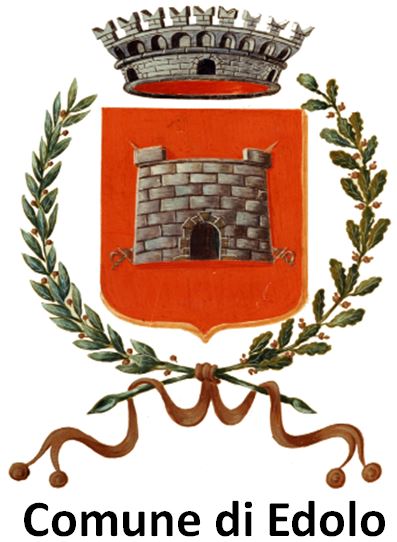Luigi Rinaldo Legnani
(Ferrara, 7th November 1790 - Ravenna, 5th August 1877)
While still young, he settled in Ravenna with his family in 1799, showing immediately his remarkable musical talent: he learned to play all string instruments, the guitar and singing. He started his career as a tenor at the old theatre in Ravenna in 1807, but proved to be a one-of-a-kind guitarist during his debut concert at the Teatro alla Scala in Milan on 20th June 1819. In the same period he wrote his Works for Guitar published by Ricordi. He became a great guitar virtuoso and began a successful career working as performer, composer and as singing teacher.
He was an excellent performer sought-after by music organizations all over Europe. He held concerts and recitals in major European theatres (Ravenna, Milan, Florence, Turin, Verona, Trieste, Munich, Regensburg, Dresden, Berlin, Paris, Vienna, Pest, Geneva, Madrid, etc..) and worked with well-known and very influential artists. Particularly important for his career were the concerts he held in Vienna in 1822/23 together with the adolescent piano prodigy Franz Liszt.
He became honorary member of the Accademia Filarmonica di Ravenna, Ferrara, Florence, Rome, Parma, Verona and Munich and was described by contemporary Italian journalists as "the Paganini of the guitar”. Legnani was chosen by Paganini for an important European concert tour. It was during a concert at the Teatro Carignano in Turin on 15th July 1836 that Paganini himself was so impressed by the performance of the guitar virtuoso to define him as the "best guitar player" of the time.
In 1838, after another concert tour in Spain and France, Legnani was severely injured in a fall from his horse-drawn carriage in Paris, and was forced to interrupt his work. He suspended his concerts probably wrecking a brilliant career, although a more plausible reason for suspending concerts could be connected to the changing music taste of the audience. People who attended concerts were tired of the weak guitar sound, preferring the more powerful sound of piano and orchestra.
His last concert took place on 16th June 1850 in Cervia at the old theatre, which was located in the eastern bastion of the old city centre. He went to live in Ravenna giving guitar and singing lessons and working as luthier, a lasting passion he’d had since childhood. When he was in Vienna he used to visit Stauffer’s house (a famous luthier of the city) where he learned the basics and all the secrets about guitars. Legnani developed a new type of guitar characterised by deep sound and introduced the mechanical tuning system.
He wrote many compositions for educational purposes, solo and chamber music, always showing his stunning technical virtuosity. His most famous works include Metodo op. 250 for guitar, 6 Capricci op. 20 in all keys, written in 1822 (still included in the music syllabus for the Diploma di Compimento Medio). Some solo pieces: Gran Studio op. 60 (1829), Terremoto con Variazioni op. 1 (1820), Fantasia Op. 19, Variations op. 16, Introduction Theme and Variations op. 64. In addition, for flute and guitar: Duetto Concertante op. 23 (1822) and the Gran Duetto Concertante, Op. 87 (1837), for piano, guitar and string quartet: Variazioni Concertanti -variations on the Cinderella Theme by Rossini - and the concert in A major for guitar and orchestra.
The virtuosity of Luigi Legnani is well described by the Vienna correspondent of the German newspaper Allgemeine Musikalische Zeitung on 4th December 1822:
"The overture was played with such a strength to sound like a guitar orchestra. The Capriccio was performed only with the left index finger, a performance that really deserved to be seen. It is hard to imagine such virtuosity: none of his rivals, Giuliani himself is no exception, can compete with him"






